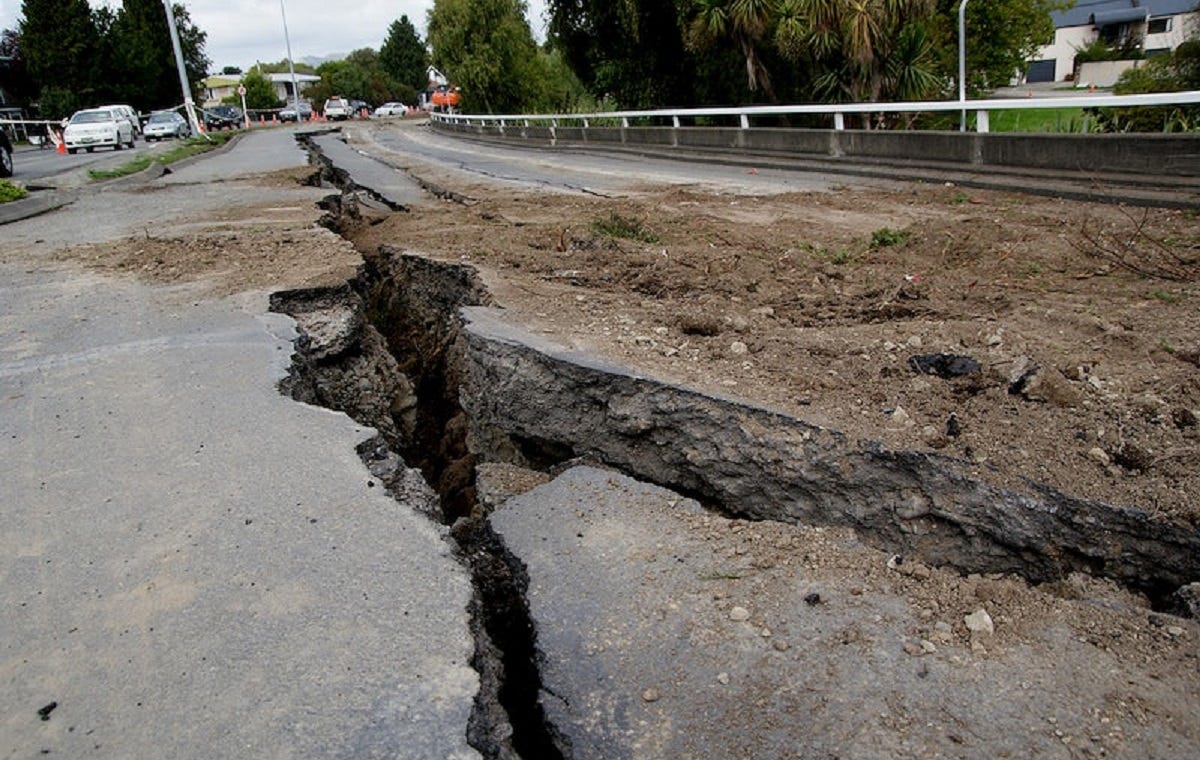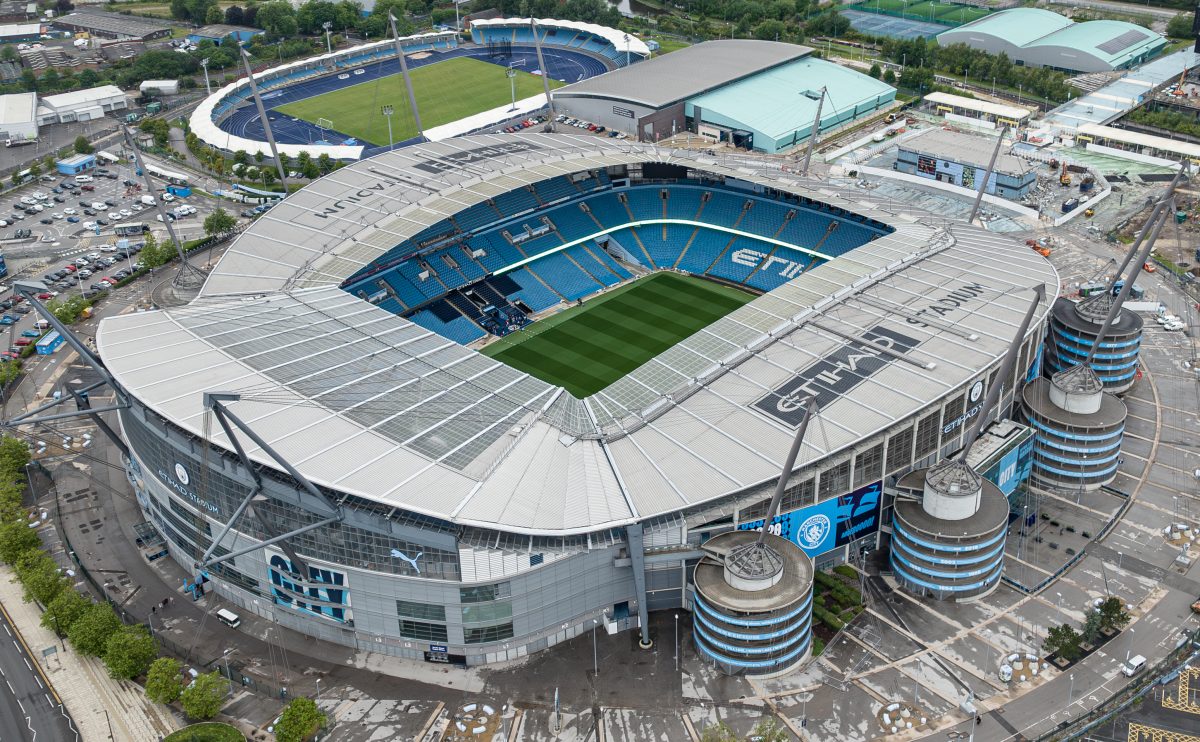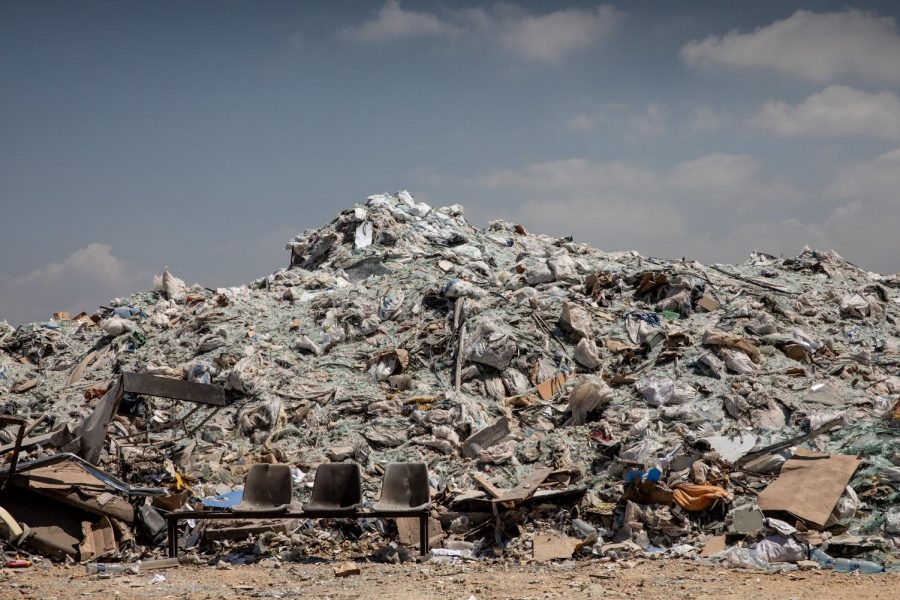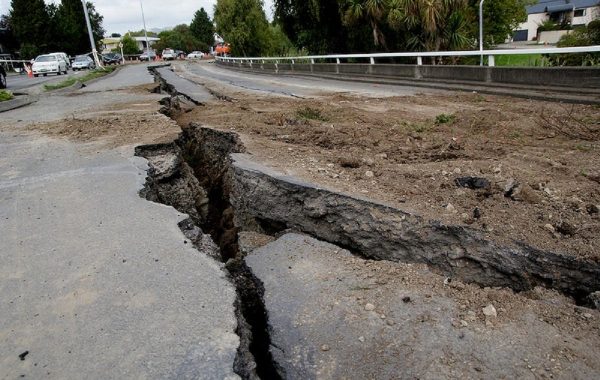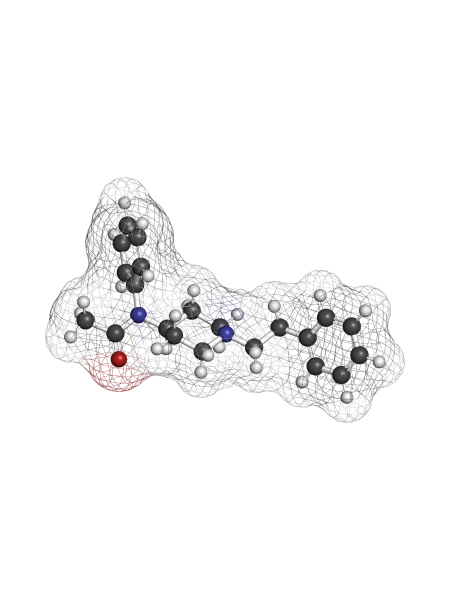Beirut Explosion
Beirut, Lebanon is affected by an explosion that resulted in tragedy
Glass and debris from the Beirut port and surrounding neighborhoods is seen at a dump site in the Karantina neighborhood.
On Aug. 4, Lebanon experienced a tragedy after a pair of explosions in the city of Beirut. The first explosion killed at least 200 people and injured around 5,000. The second was much smaller and caused minimal casualties. The many fatalities resulted in public outcry from citizens and the resignation of the Lebanese government, according to BBC.com.
“[The] majority of the time these explosions end up crippling a community with the cleanup and residual effects of any pollutants put into the air,” AP Environmental Science teacher Heather Anderson said. “It also has a major impact on the health of the individuals in that community for they have nowhere else to go, and ultimately suffer the most. Throughout history it has been shown that we never truly know the effects of any type of pollutant until many years later, and sometimes for the people and the community they live in it can be too late to reverse any of the effects to help benefit them.”
A fire at the Port of Beirut occurred moments before the explosion, many social media posts showed white smoke billowing from a warehouse located next to the port’s grain silos. Ammonium nitrate, a chemical often used as a fertilizer, was kept in large amounts at the port causing officials to assume that the fire from the warehouse made its way to the flammable chemical resulting in the explosions, according to nytimes.com.
“I felt sick knowing that another explosion that released toxic gas into the atmosphere happened again,” Anderson said. “After watching the news and looking it up, it is scary to think that they will not know for a long time how bad the atmosphere and the environment was affected from the explosion considering that they do not even know what else exploded besides the ammonium nitrate.”
The World Health Organization (WHO) reports that they are working with partners to help Lebanon. This means WHO will provide follow up care for the injured, provide access to life saving health services and mental health support, rebuild destroyed hospitals and help stop the spread of COVID-19, according to www.WHO.int.
“With this explosion Lebanon will now have massive cleanup that needs to be done and nowhere for the trash to go,” Anderson said. “Added to that fact, they already had dangerous air pollution levels before the explosion. The main way to recover is to get the government in order and find ways to reduce their pollution as well as adjust their social and economic society.”



